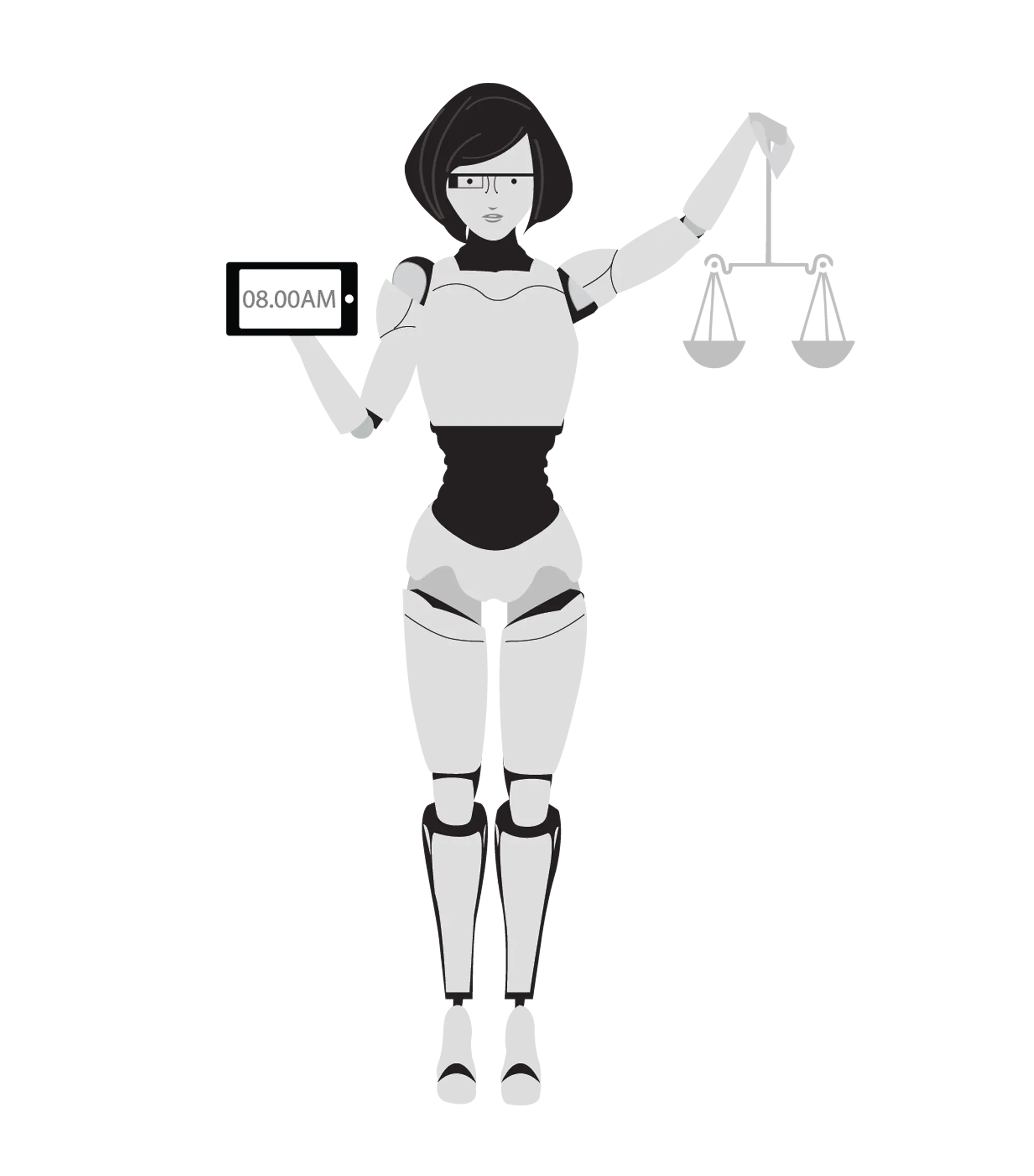What is Patent Infringement?
Patent infringement occurs when someone uses, makes, sells, or offers for sale a
patented invention without the patent holder's permission. In simple terms, it means
unauthorized use of someone else’s protected idea or innovation for personal or
commercial gain.
Types of Patent Infringement:
Consequences of Patent Infringement:


What is Trademark Infringement?
Trademark infringement occurs when someone unauthorizedly uses a registered trademark or
a similar mark that closely resembles an existing trademark owned by another entity.
This can cause customer confusion about the origin of goods or services, leading
consumers to mistakenly associate the infringer’s products with a trusted brand.
Impact of Trademark Infringement:
Legal Protection Against Trademark Infringement:
Definition of Copyright Infringement
Copyright infringement occurs when someone uses, copies, distributes, shares, or
displays a copyrighted work without the permission of the copyright owner. This includes
replicating, modifying, or incorporating parts of the work into another creation without
authorization.
Examples of Copyright Infringement:
Consequences of Copyright Infringement:
